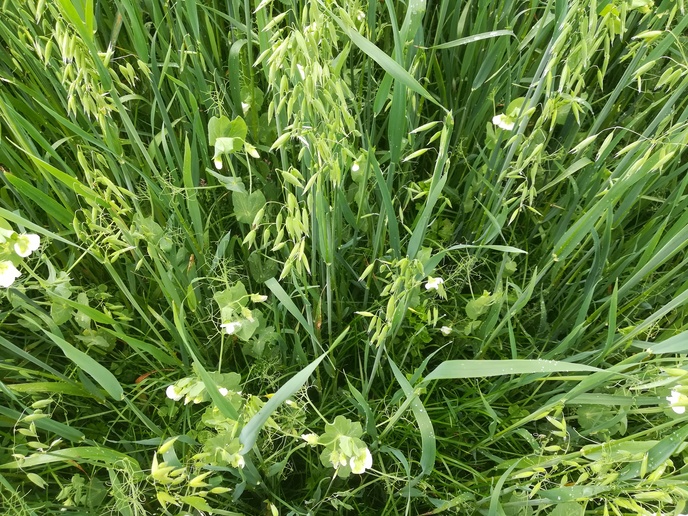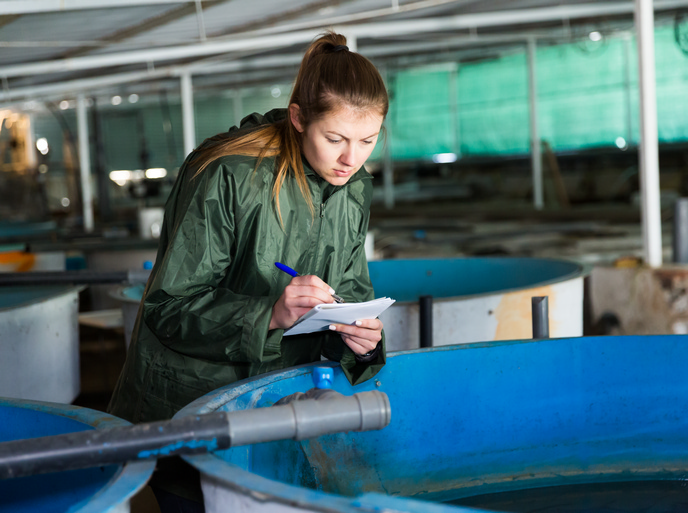Soil holds secrets to greener pest management
Bacterial biocontrol agents(opens in new window) (BCAs) have emerged as a greener alternative to chemical pesticides in plant pest management. These work by suppressing plant pathogens by producing inhibitory substances such as antibiotics. They also compete with pathogens for nutrients like iron, or by triggering natural resistance in plants. BCAs are non-toxic and biodegradable, and do not pose risks to animal or human health. Certain challenges however must still be overcome in order to ensure their market viability. “BCAs have difficulty in adapting to new conditions in the soil and integrating within indigenous microbial communities,” explains Ana Bejarano, postdoctoral researcher at the University of Trento(opens in new window) in Italy, who worked on the RhizoTalk(opens in new window) project. “These agents also need to deal with UV radiation, extreme temperatures and soil pHs. These factors can all cause a rapid decline in bacterial population and hamper their performance.” Microorganisms used to control pests and diseases are considered plant protection products. They need to be registered following time- and cost-intensive procedures similar to those for chemical plant protection products. This has limited investment in bringing BCAs to market.
Secrets of the soil
The RhizoTalk project, which was undertaken with the support of the Marie Skłodowska-Curie Actions(opens in new window) programme, sought to understand exactly why BCAs encounter problems in the soil. From this, new formulations that enable the effective deployment of BCAs could be developed. “We used the bacterial strain Lysobacter capsici AZ78(opens in new window) as a model bacterial BCA,” says Bejarano. “Our aim was to uncover mechanisms involved in the interaction between Lysobacter BCAs and other soil-living bacteria. This would hopefully generate knowledge that could then be translated into agricultural applications.” The next step was to screen a collection of bacterial isolates derived from copper-contaminated soils. Each strain was tested to see if it could enhance AZ78 biocontrol activity and tolerance to desiccation. Strains capable of enhancing AZ78 biocontrol activity and resistance to environmental stresses were designated as helper bacterial strains (HBSs). The project’s groundbreaking analysis of AZ78 has helped to enhance our understanding of the shared and specific functions of microbial activity in the soil’s rhizosphere, the thin layer of soil influenced by plant roots. The screening of bacterial isolates for HBSs also successfully led to the identification of several strains that appear to work in harmony with AZ78. “We were able to identify bacterial synergies that promote biocontrol activity and enhance the resistance of AZ78 to desiccation,” adds Bejarano. “This enabled us to propose to our consortium partners a BCA formulation process involving HBSs, to offer better protection.” These formulations were found to ensure the survival of bacterial cells after storage at 4 ºC for at least 90 days.
Eco-friendly agriculture
The results of the RhizoTalk project have the potential to contribute to the development of next-generation BCAs. “Agricultural industries are increasingly investing in eco-friendly pesticides,” notes Bejarano. “European policy is also increasingly focused on reducing the environmental impact of agrochemicals.” Project consortium partners are continuing to explore the market potential of these discoveries. Additional research funding is being sought, and discussions about material transfer agreements with agricultural companies are ongoing. “This project has helped to fill a critical knowledge gap that to date has hampered our ability to fully predict the functioning of bacteria in the rhizosphere,” says Bejarano. “This achievement will help Europe move towards more sustainable models of agriculture.”







